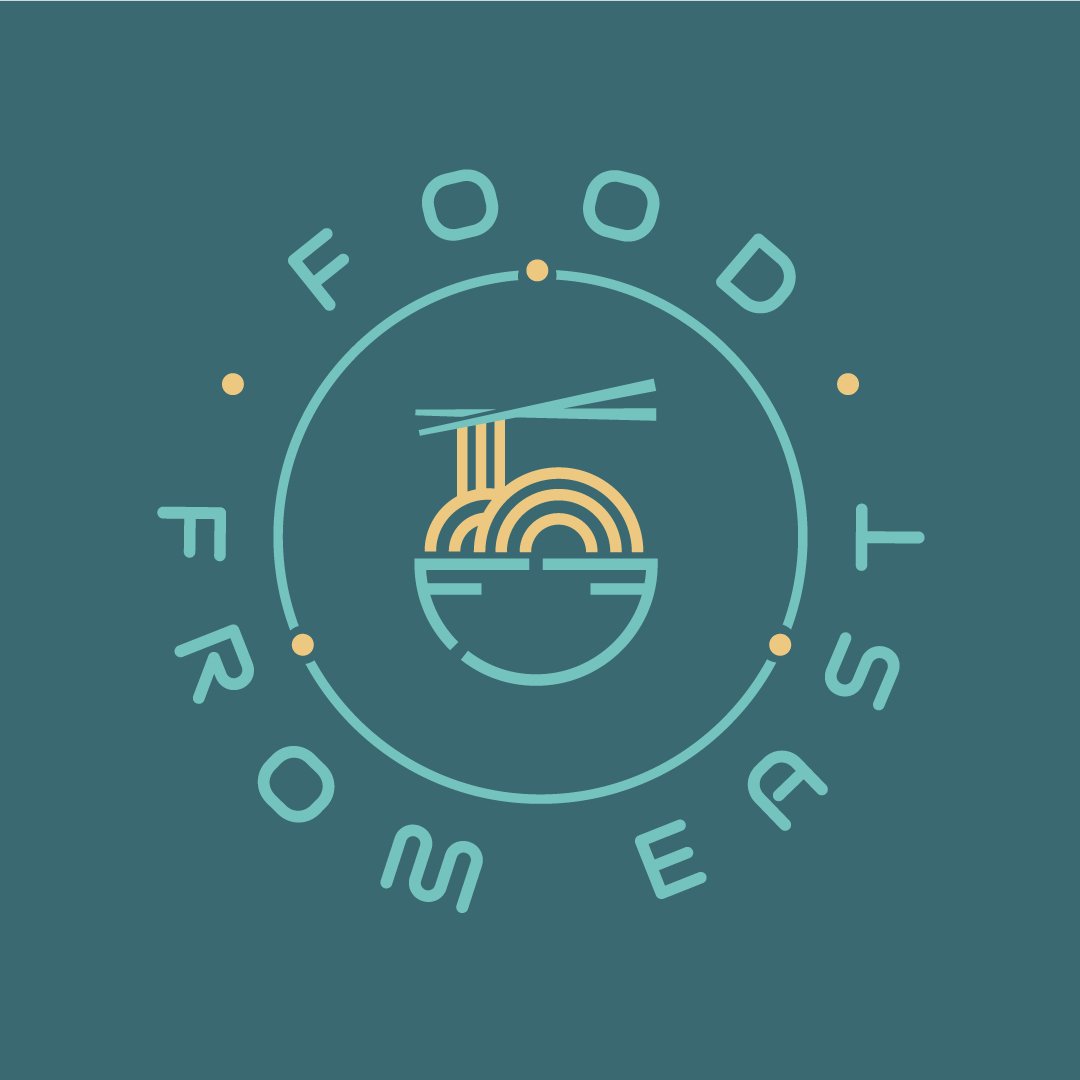With all the food blogs out there, you’ve probably never seen one before—right?
Okay, okay. But this one’s a little different.
It’s mostly my son and me enjoying ourselves, but we also explore East Asian dietary wisdom that helps explain the styles, flavors, and food choices we’re drawn to. From cozy broths to unexpected pairings, it’s a mix of fun, tradition, and a little experimentation.
So welcome to Food From East - where ancient wisdom meets your lunch break.
We’re all about using food (and herbs!) to feel better, think clearer, and live with a little more ease. Inspired by Traditional Chinese Medicine, we believe your body is talking - and dumplings, broths, teas, and funky tasting tinctures might just be the answer.
This site is part education, part experimentation, part celebration of the weird, wonderful ways food can be enjoyed and sometimes help us heal. Whether you're here to learn, laugh, nerd out, or try something bitter, we’re glad you found us.
Let’s have fun with it and get nourished…
Definitions matter:
In Traditional Chinese Medicine (TCM), organ names like Spleen, Liver, Heart, Lung, Kindey or Pericardium - do NOT refer strictly to the physical organs as defined in Western medicine. Instead, they represent broader functional systems that include physical, emotional, and energetic roles. For example, the “Spleen” in TCM governs digestion and mental focus, not just lymphatic function. The “Heart” relates to consciousness and emotional health, not just circulation. These systems are rooted in thousands of years of observation and are metaphorical frameworks used to understand balance, illness, and healing in the body. Here is a brief list to help you understand as when I provide TCM explanations this is the language that has been used for roughly 2,000 years and continues to be used as part of the holistic and detailed system of medicine in most East Asian cultures.
TCM Organ Systems and Their Functions
Spleen / Stomach
Digestion and nutrient absorption
Transforms food into Qi and Blood
Governs muscles and limbs
Affected by worry and overthinking
Lung / Large Intestine
Immunity and protective Qi (Wei Qi)
Respiration and skin health
Regulates elimination and boundaries
Affected by grief and sadness
Heart / Small Intestine
Mental clarity and emotional balance (Shen)
Circulates Blood
Helps separate “clear from turbid” mentally and physically
Affected by joy and overstimulation
Liver / Gallbladder
Flow of Qi and emotions
Decision-making and planning
Blood storage and menstrual regulation
Affected by anger and frustration
Kidney / Bladder
Energy reserves and longevity (Jing)
Bone, brain, and reproductive health
Water metabolism and fluid balance
Affected by fear and insecurity
Pericardium / San Jiao (Triple Burner)
Emotional and energetic protection
Regulates Qi movement between upper, middle, and lower body
Supports communication between organ systems
There you have it. Many books on this topic of how the body and mind are assimilated into a whole system to better connect us to ourselves in medicine.
Now let’s enjoy some good eating and learn a little along the way!
Mitch Harris LAc Dipl OM is a private practitioners of East Asian Traditional medicine (acupuncture, herbal medicine, moxibustion, cupping, gua sha etc) and associate professor at Pacific College of Health & Science in Chicago. His son, Laszlo Harris, has a professional appetite as a preteen and genetic predisposition to love dumplings.

